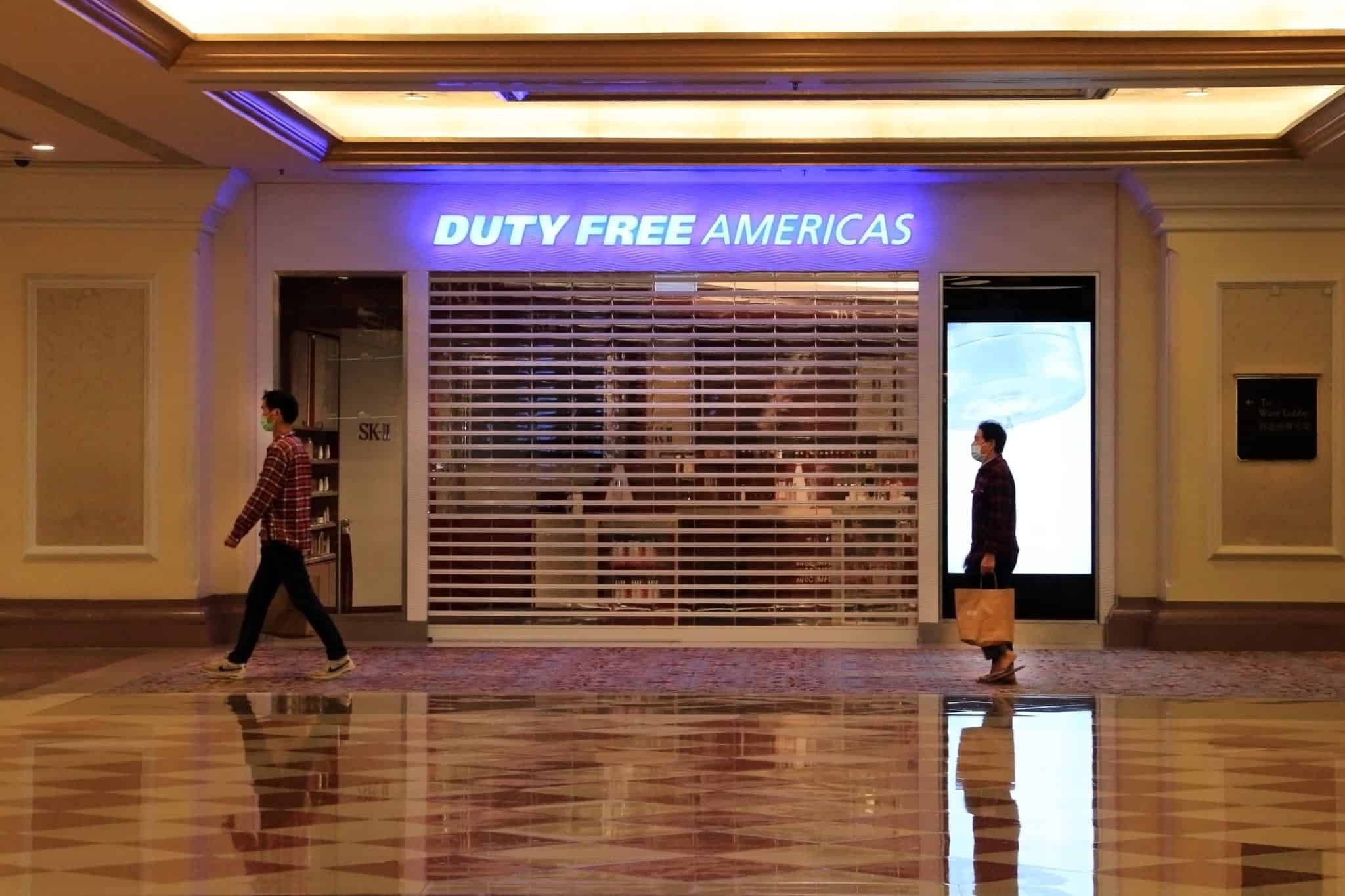Mackenzie Bouverat is a student at Harvard Law School.
The forecast appears grim for retail workers planning to return to their former employment when pandemic restrictions are lifted. In what Forbes refers to as a “retail apocalypse,” many household name companies are now closing all physical locations in the United States. Many are filing for Chapter 11 bankruptcy. Most recently, Lord and Taylor now joins the ranks of the over 1,100 retail chains filing for bankruptcy in the United States, and has filed for Chapter 11 protection from its creditors. Other notable retail outlets which have filed for Chapter 11 bankruptcy include Neiman Marcus, J. Crew, J.C. Penney, Brooks Brothers and the owner of Ann Taylor and Loft, Sur la Table, Lucky Brand, Stage Stores and GNC. Coresight Research predicts that as as many as 25,000 physical stores–mostly in malls–could shut down permanently by the close of 2020. This follows on a record 9,100 store closings in 2019.
U.S. Citizenship and Immigration Services has announced a new final rule, coming into effect this October, which increases the cost to employers of applying to employ a foregin worker. The final rule increases filing fees for Form I-129 petitions, which employers submit on behalf of seasonal workers on H-2B and H-2A visas, workers on H-1B specialty occupation visas, and L intra-company transferee visas. For H-1B high-skill visas, filing fees are raised 21% to $555. Applying for L and O visas — which are granted to individuals with extraordinary abilities — will rise by 75% to $850 and 53% to $715, respectively.
Last Friday, the departments of Labor and Homeland Security announced a joint initiative to investigate fraud H-1B specialty occupation visa program. The agencies will share data and records on guestworkers, which the DOL claims it has yet to access for enforcement purposes. As part of its adjudication of petitions, the U.S. Citizenship and Immigration Services will now refer suspected employer violations within the H-1B program to the DOL’s Office of Foreign Labor Certification. The DOL will then target these agencies for administrative audits and site visits.






Daily News & Commentary
Start your day with our roundup of the latest labor developments. See all
July 11
Regional director orders election without Board quorum; 9th Circuit pauses injunction on Executive Order; Driverless car legislation in Massachusetts
July 10
Wisconsin Supreme Court holds UW Health nurses are not covered by Wisconsin’s Labor Peace Act; a district judge denies the request to stay an injunction pending appeal; the NFLPA appeals an arbitration decision.
July 9
In Today’s News and Commentary, the Supreme Court green-lights mass firings of federal workers, the Agricultural Secretary suggests Medicaid recipients can replace deported farm workers, and DHS ends Temporary Protected Status for Hondurans and Nicaraguans. In an 8-1 emergency docket decision released yesterday afternoon, the Supreme Court lifted an injunction by U.S. District Judge Susan […]
July 8
In today’s news and commentary, Apple wins at the Fifth Circuit against the NLRB, Florida enacts a noncompete-friendly law, and complications with the No Tax on Tips in the Big Beautiful Bill. Apple won an appeal overturning a National Labor Relations Board (NLRB) decision that the company violated labor law by coercively questioning an employee […]
July 7
LA economy deals with fallout from ICE raids; a new appeal challenges the NCAA antitrust settlement; and the EPA places dissenting employees on leave.
July 6
Municipal workers in Philadelphia continue to strike; Zohran Mamdani collects union endorsements; UFCW grocery workers in California and Colorado reach tentative agreements.